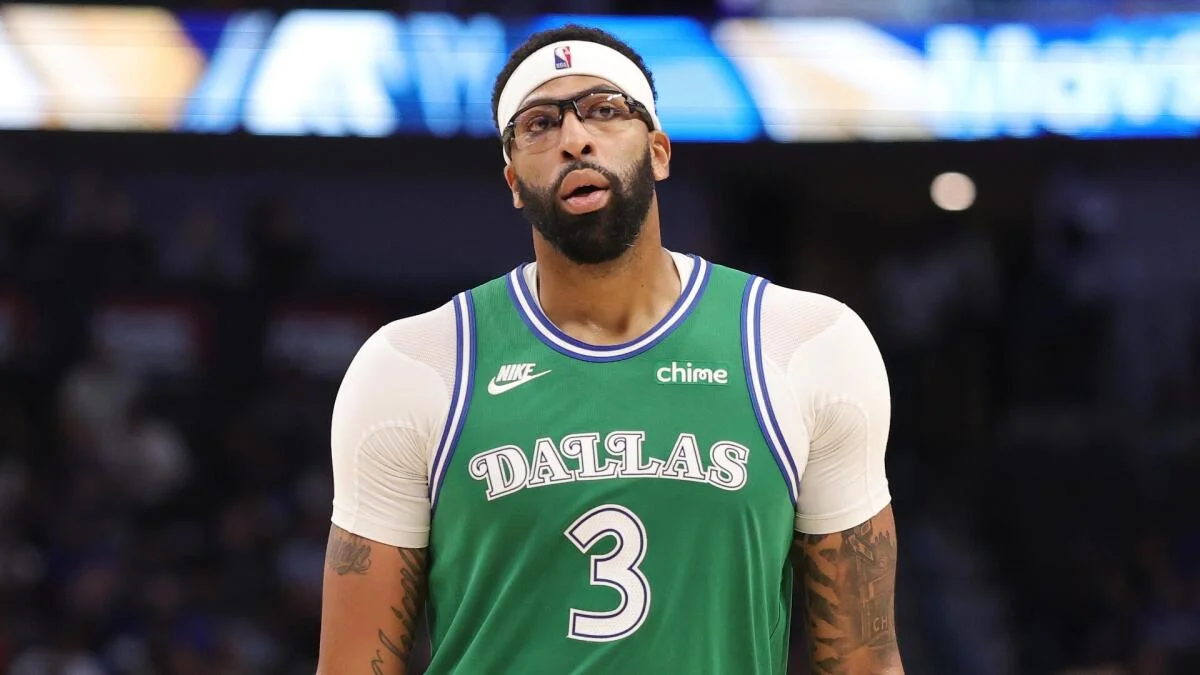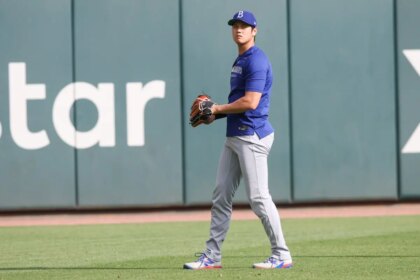The Dallas Mavericks are currently facing instability as their General Manager Nico Harrison was dismissed following a disastrous trade that sent Luka Doncic to the Los Angeles Lakers, a move that did not align with the team’s original vision. With Harrison’s exit, the Mavericks are under pressure to redefine their direction, likely by focusing on building around the No. 1 overall draft pick Cooper Flagg, which would involve offloading high-salary players like Anthony Davis, a key part of the Doncic trade return.
Since Harrison’s firing, it’s widely expected that Anthony Davis’ time with Dallas is coming to an end. ESPN’s Tim McMahon confirmed that the team plans to “explore the trade market” for Davis before the February trade deadline. However, minority owner Mark Cuban, now an advisor, insists the Mavericks have no intention to trade Davis, emphasizing their aim to remain competitive. Cuban, despite no longer holding majority control, still influences basketball operations alongside majority owner Patrick Dumont and was caught off guard by the Doncic trade itself.
From a strategic standpoint, it makes sense for Dallas to publicly maintain their commitment to Davis while quietly gauging trade interest to avoid weakening their negotiating position. Given the high cost originally paid for Davis, the Mavericks are unlikely to recoup equal value and are treating the Doncic deal as a sunk cost, but they aim to negotiate from strength rather than desperation. Ultimately, the team is hoping Davis can recover from his latest calf injury and return to his All-Star form, though concerns about his health and age remain.
There is speculation surrounding which teams might pursue Davis, with the Golden State Warriors emerging as a possible suitor needing frontcourt help for their championship aspirations. The Mavericks might also consider trading younger talents like Jonathan Kuminga in return, helping the Warriors while giving Dallas a fresh start centered around Flagg. Meanwhile, there are rumors of a potential “mini fire sale” in Dallas, possibly involving veterans like P.J. Washington, Daniel Gafford, Klay Thompson, and Kyrie Irving, depending on Irving’s health and future role.
With Harrison gone, the Mavericks face an open-ended offseason with all options on the table. Although many expect the team to try to undo the Doncic trade fallout by moving Davis, Dallas maintains publicly that they are not yet ready to fully rebuild.
Fan Take: This turmoil in Dallas highlights how pivotal front-office decisions can dramatically alter a team’s trajectory and fan expectations. For basketball fans, the Mavericks’ situation is a reminder of how quickly fortunes can change and underscores the excitement and unpredictability of the NBA’s rebuilding and trading cycles.



